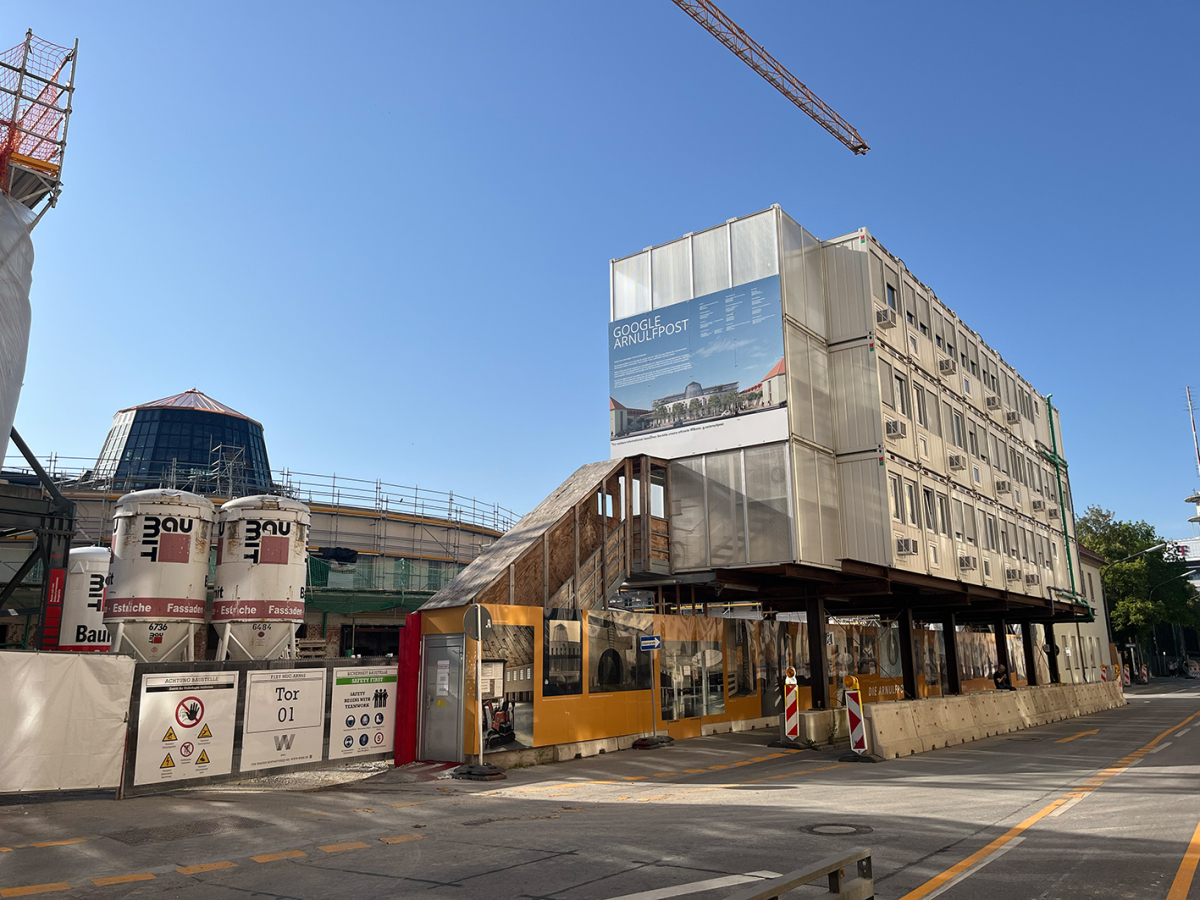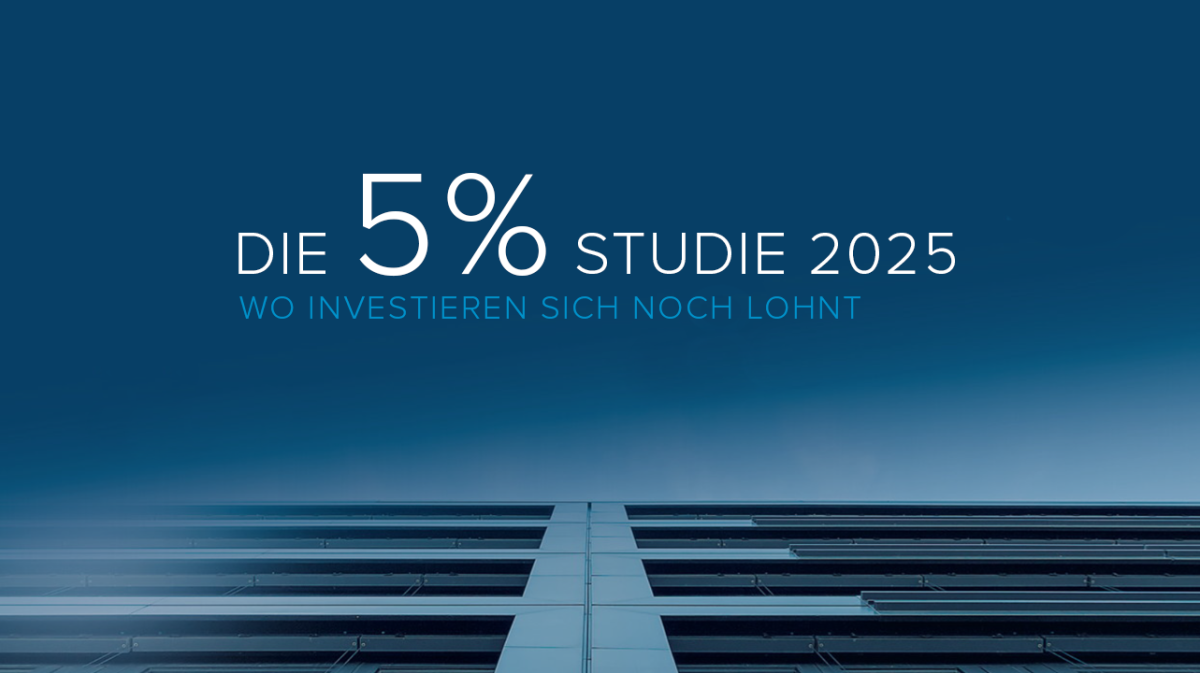Home office is not the end of all offices
The pandemic is affecting the office property market - but how? Discussions often focus on the topic of home offices and the change of workplace concepts. But other factors weigh more heavily.
The mood in the office property market is ambivalent: on the one hand, the fundamental data in the major markets continue to show a largely robust picture; on the other hand, the discussion about the effects of home office and mobile working continues to unsettle many players. bulwiengesa has been calling for a differentiated view since the beginning of the pandemic and is confirmed in this by the current market development: Only a small number of returns of space are mentioned.
The general conditions for offices, especially in the metropolises, have not changed as much as the Corona crisis would have suggested. An important influencing factor is office employment. After recording very slight declines in the past crisis year, a positive development has already set in again in 2021, which should gain momentum in 2022. The strongest increase of around 9 % (2020 to 2025) is expected in Berlin. It is followed by Münster (7.4 %), Cologne (6.7 %) and Leipzig (6 %). This results in positive demand effects. On the other hand, there is a second important influencing factor: construction activity. In Berlin alone, almost two million sqm of office space is currently under construction or being refurbished, which corresponds to around 10 % of the total stock. Compared to the capital, less is being built in the other large office markets. The vacancy rate resulting from the relationship between supply and demand will remain at a healthy level in the coming years. For the seven large A-cities - Berlin, Hamburg, Munich, Frankfurt, Düsseldorf, Cologne and Stuttgart - a slight increase in the vacancy rate towards 4.5 % is forecast. Vacancy rates will also rise slightly in the B-cities, where both a lower increase in office employment and lower construction activity are expected. Overall, however, vacancies are predominantly expected to be in the range of the usual fluctuation reserve.
Office space concepts to feel good
However, even after almost two years of pandemic home office, there are still no clear findings on how much of an impact home office has on demand. Also, the current argumentation of companies in favour of home office is very much based on a one-sided cost discussion that ignores the expenses for home office work; moreover, the grey areas under labour law - between the classification of mobile work and home office - are unlikely to last in the long run.
Companies are adjusting to the fact that part of the future work will be done in the home office. If office workers will spend an average of about two days away from the office, depending on the industry and feasibility, this will not necessarily reduce overall space consumption.
However, the Corona crisis is affecting office concepts: Whereas before the crisis a lot of attention was paid to efficiency and workplace density, now the focus is more on employees again. This means that the new workplace concepts see the office both as a place to work and as a meeting place where employees feel comfortable and exchange creative ideas. The arrangement of workplaces is becoming looser, and ancillary and communal areas are becoming more important.
Note: This article was first published in the February issue of VBKI-Spiegel (German language).
Contact: Sven Carstensen, Member of the board at bulwiengesa, carstensen@bulwiengesa.de
You might also be interested in
For our magazine, we have summarized relevant topics, often based on our studies, analyses and projects, and prepared them in a reader-friendly way. This guarantees a quick overview of the latest news from the real estate industry.
Little movement on the German real estate market
For the eleventh time, bulwiengesa presents its comprehensive analysis of the German real estate markets. The results of this year's 5% study, conducted in collaboration with ADVANT Beiten, show that the German real estate market is characterized by widespread stagnation. At the same time, niche segments are becoming increasingly attractive. The market is increasingly rewarding professional asset management and specialist knowledge—a trend that separates the wheat from the chaffFive per cent returns no longer illusory even for core properties
The ‘5% study - where investing is still worthwhile’ celebrates its tenth anniversary. Since the first edition was published, the German property market has tarnished its reputation as a safe investment haven. Higher yields are now within sight, even for prime properties, and even residential property is increasingly becoming a profitable asset class again. The market is more exciting than it has been for a long timeRefurbishment of offices - what is the status?
Around a third of office space in the seven A cities is in need of refurbishment. But things are happening - especially where rents are high. This is shown by the first apoprojekt stock compassInteresting publications
Here you will find studies and analyses, some of which we have prepared on behalf of customers or on our own initiative based on our data and market expertise. You can download and read many of them free of charge here.







